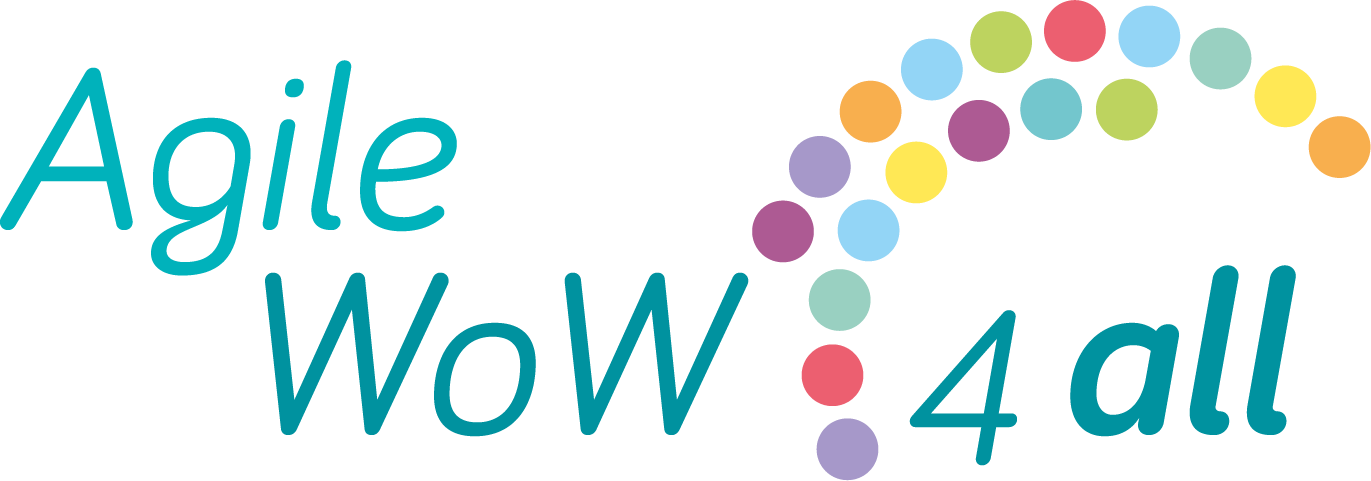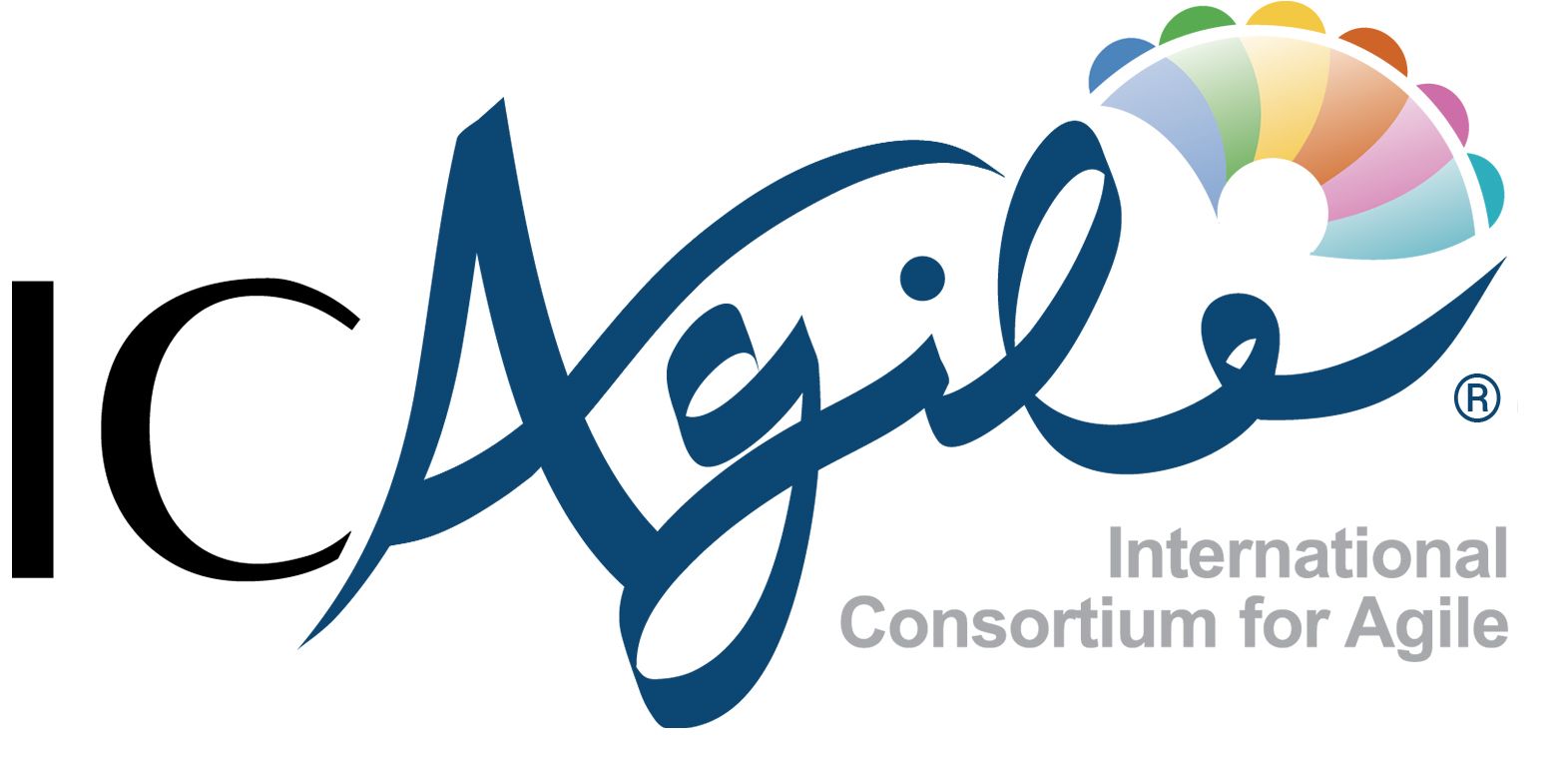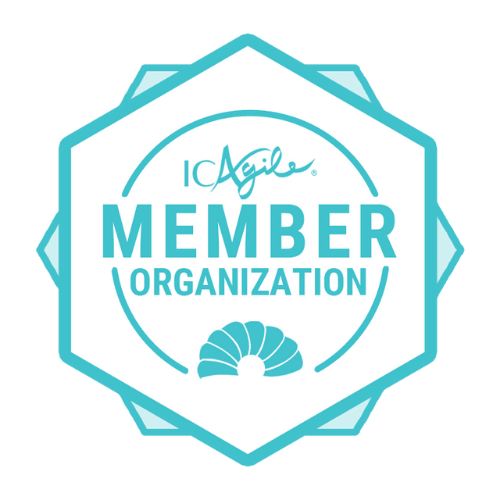Christophe Martinot
Effective Team Management with Management 3.0: Case Studies and Examples
In today's fast-paced business environment, organizations must adapt to changing circumstances and respond to customer needs quickly. Team management is key to achieving this goal. In Management 3.0, team empowerment, collaboration, and continuous improvement are emphasized. By examining examples and case studies, this article will illustrate how the Management 3.0 approach can help teams become more effective.
Let's have a look at companies that have successfully implemented all those practices include:
How does Management 3.0 work?
In Management 3.0, teams are empowered to make decisions independently and work collaboratively. It was developed by Jurgen Appelo, a management consultant and author. To create an effective team management framework, Management 3.0 combines agile, lean, and systems thinking principles.
Several key practices are emphasized in the approach, including:
- Giving teams autonomy to make decisions and take responsibility for their work is delegation
- Process improvement: encouraging teams to continually evaluate and improve their work
- Providing regular feedback to team members so they can grow and develop
- Fostering an environment of collaboration and open communication
- Creating a culture of motivation and empowerment for your team
What can Management 3.0 do to make teams more effective?
Here are a few ways Management 3.0 can help teams become more effective:
Making decisions as a team
In Management 3.0, delegation is one of the key principles. Delegation allows teams to become more agile and responsive to changing conditions. One of the reasons Spotify has become one of the most successful music streaming services in the world is its approach to empower teams to make decisions about their work and provide the resources they need to achieve their goals.
Continuous improvement is encouraged
Management 3.0 puts a strong emphasis on continuous improvement. By regularly analysing and optimising their processes, teams can become more proficient in what they do. Zappos, an online retailer, has embraced the "Holacracy" approach and it has worked wonders for them - leading to a culture of experimentation and creativity.
Regular feedback is provided
Regular feedback is essential for assisting team members to advance and progress. Management 3.0 places accentuation on the necessity of furnishing regular feedback to help team members refine their abilities and accomplish their objectives. As an example, Google urges managers to give regular feedback through a process called "Objectives and Key Results" (OKRs). OKRs are a target-setting structure that helps teams concentrate on their most notable goals and measure their progress towards obtaining them.
Collaborating
An important principle of Management 3.0 is collaboration. Creating an environment of open communication and collaboration can make teams more efficient. Teams at IDEO, a design and innovation consultancy, collaborate on projects, sharing ideas and feedback throughout the process. IDEO has used this approach to develop innovative products and services for clients all over the world.
Let's have a look at companies that have successfully implemented all those practices include:
Spotify
Spotify has experienced tremendous growth in the intensely competitive music industry. This success can be attributed to its focus on enabling teams to exercise autonomy and take responsibility for their work. Rather than allocating tasks with a top-down approach, Spotify is characterised by "Squads", cross-functional, tight-knit teams that strive towards a shared objective. These squads are given the independence to make decisions regarding their projects and are further supported by a collaborative and continuous self-improvement environment.
Zappos
With its culture of innovation and experimentation, Zappos is an online retailer that has become famous. One of the ways Zappos fosters this culture is through a process called "holacracy." Holacracy is a self-management system that empowers teams to make decisions and take responsibility for their work. A culture of continuous improvement and innovation has been created at Zappos through this approach.
Google
Known for its emphasis on data-driven decision-making and continuous improvement, Google fosters this culture by using a goal-setting framework referred to as "Objectives and Key Results" (OKRs). By setting OKRs, teams are able to focus on and measure their progress towards achieving their most important objectives. As a result of Google's culture of collaboration and regular feedback, teams work effectively together and achieve their goals effectively.
IDEO
It is a design and innovation consultancy with a culture of collaboration and innovation. This approach has helped IDEO create innovative products and services for clients around the world by focusing on collaboration, sharing ideas, and offering feedback throughout the project.
In conclusion, Management 3.0 is an approach to leadership that advocates team empowerment, collaboration and the pursuit of excellence. By enabling teams to make decisions, giving feedback frequently, stimulating collaboration and inspiring continuous improvement, Management 3.0 enables teams to increase their efficacy and reach their goals. Adopting these principles can create a culture of innovation, cooperation and thoroughgoing development enabling organizations to thrive in today's competitive market.
Should you be interested in learning more about Management 3.0, please check out our Management 3.0 workshops
Thank you!
AgileWoW4all is a brand of SeedingEnregy S.L.
At SeedingEnergy we want to unleash the potential of your team and reach new goals through facilitation, customized trainings and coaching.
Copyright SeedingEnergy© 2021
Write your awesome label here.
¿Estás preparado?
Sé el primero en aportar innovación en tu departamento de Marketing
Thank you!




